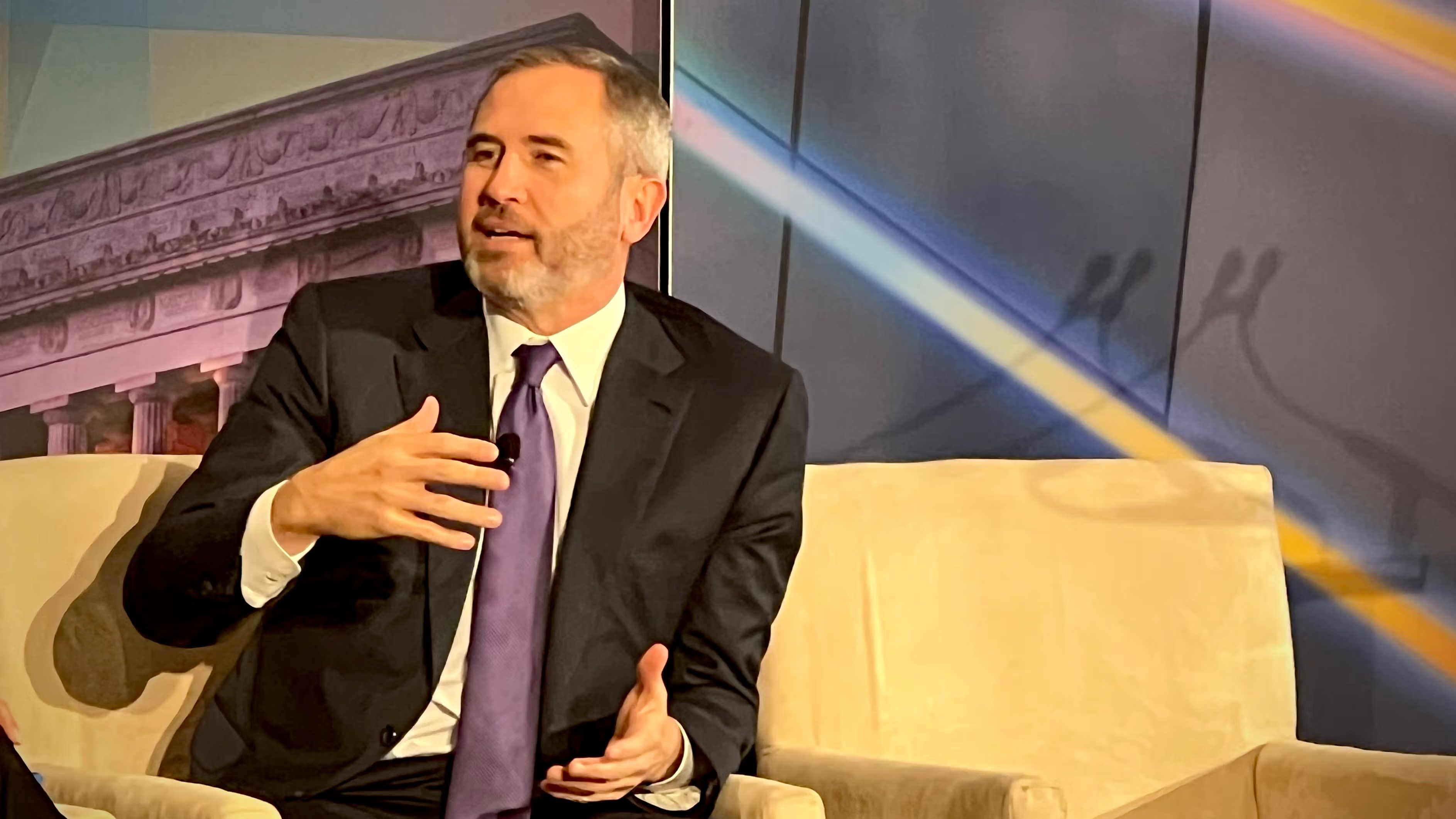Crypto exchange Huobi Global announced the suspension of derivatives trading in New Zealand. The statement from Huobi said the new restrictions against derivative offers are in light of compliance with local regulations.
Users in New Zealand will no longer have access to derivative trading services, which include coin-margined futures and swaps, USDT-margined contracts, options and exchange-traded products (ETPs).
The new restrictions will take effect on Aug. 23, 2022. On the same day, Huobi Global will no longer accept users with New Zealand Know Your Customer (KYC), along with IP addresses from the area. Users wishing to close out active positions can do so only on and after the effective date of the restrictions.
Cointelegraph reached out to Huobi Global for a comment on the development.
Huobi has a growing list of restricted countries, including 11 jurisdictions unable to access any of its services. Locations such as the United States, Canada and Japan fall into this category. At the same time, places like mainland China, Taiwan and the United Kingdom are unable to access derivative trading.
Related: Uzbekistan blocks access to foreign crypto exchanges over unregistered trading
This comes shortly after reports of Huobi co-founder Leon Li wanting to sell a majority stake in the company. The stake has a value of over $1 billion. Founded in 2013, Huobi Global handles more than $1 billion in volume of daily trades.
Despite this development in New Zealand, the company has recently made moves toward expanding its offerings in other regions. In early August, Huobi received the green light from Australian regulators, a neighboring country of New Zealand, to be an exchange provider in the country.
In the United States, Huobi secured its FinCEN license this past July. A subsidiary of the company called HBIT received its Money Services Business (MSB) license from the United States Financial Crimes Enforcement Network (FinCEN).
All these developments come as Huobi launched a $1 billion investment initiative with a focus on decentralized finance (DeFi) and Web3 expansion.
Read More: cointelegraph.com









 Bitcoin
Bitcoin  Ethereum
Ethereum  Tether
Tether  XRP
XRP  Solana
Solana  Dogecoin
Dogecoin  USDC
USDC  Cardano
Cardano  Lido Staked Ether
Lido Staked Ether  TRON
TRON  Avalanche
Avalanche  Sui
Sui  Wrapped stETH
Wrapped stETH  Chainlink
Chainlink  Toncoin
Toncoin  Shiba Inu
Shiba Inu  Stellar
Stellar  Wrapped Bitcoin
Wrapped Bitcoin  Hedera
Hedera  Polkadot
Polkadot  WETH
WETH  Bitcoin Cash
Bitcoin Cash  Uniswap
Uniswap  Pepe
Pepe  Litecoin
Litecoin  LEO Token
LEO Token  Hyperliquid
Hyperliquid  Wrapped eETH
Wrapped eETH  NEAR Protocol
NEAR Protocol  Ethena USDe
Ethena USDe  Internet Computer
Internet Computer  USDS
USDS  Aptos
Aptos  Aave
Aave  Mantle
Mantle  Render
Render  Bittensor
Bittensor  POL (ex-MATIC)
POL (ex-MATIC)  Cronos
Cronos  Ethereum Classic
Ethereum Classic  Virtuals Protocol
Virtuals Protocol  Artificial Superintelligence Alliance
Artificial Superintelligence Alliance  Arbitrum
Arbitrum  MANTRA
MANTRA  WhiteBIT Coin
WhiteBIT Coin  Monero
Monero  Filecoin
Filecoin